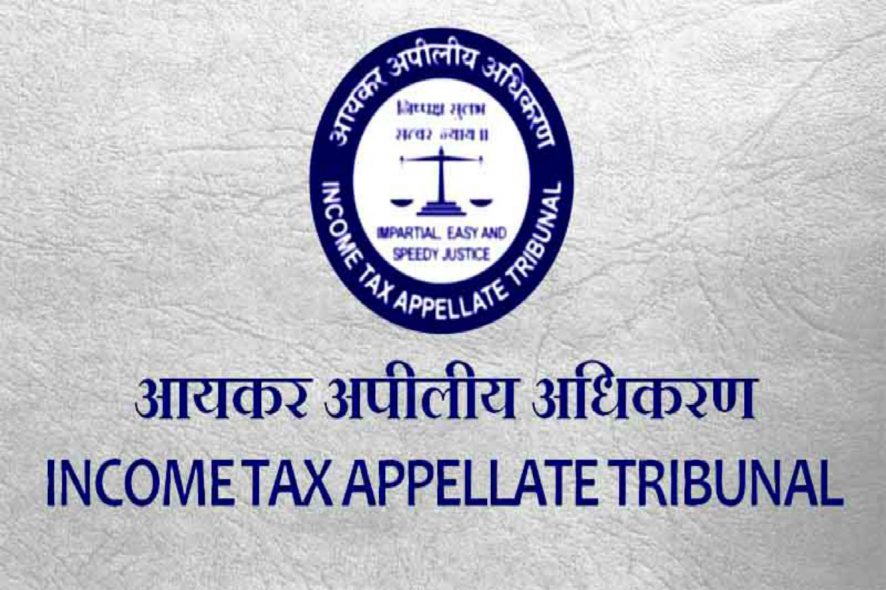Income Tax Appellate Tribunal (ITAT), New Delhi: Stating that, “Urgent needs invite urgent action”, Amit Shukla, Judicial Member and Dr B.R.R. Kumar, Accountant Member while addressing a very significant matter wherein assessee did not disclose the two bank accounts operated by him to the Income Tax Department, expressed that,
Merely disowning the bank accounts by the assessee does not lead to the conclusion that the accounts are not maintained by him when there is a direct evidence contrary to the contention of the assessee.
Purpose of approaching ITAT
Investigation Division of the Income Tax Department found that two bank accounts maintained by the assessee have not been disclosed to the Income Tax Department. Based on the said information, the Assessing Officer initiated the reopening proceedings under Section 148 of the Income Tax Act, 1961 and issued notice.
Owing to credits in the bank account, the addition of Rs 12.81 Crores was made by the Assessing Officer under Section 68 of the Act.
Since the CIT(A) confirmed the order of the Assessing Authorities, the present appeal was filed before the ITAT.
Facts of the Case
The assessee had opened, operated and owned two bank accounts in which Rs 12.81 crores were duly deposited. The assessee before the revenue authorities on various occasions denied the knowledge of having any such account. During the statement recorded on 29.12.2015, the assessee said that he was in no way associated with Alfa India and he was hearing the name for the first time during the assessment proceedings.
Analysis and Discussion
Tribunal noted the stark facts recorded by the Assessing Officer and found no theories, surmises or suspicion, in fact, the information gathered was entirely of factual content.
The credits in the bank were not disputable nor the bank account of the assessee.
Assessing Officer’s reasoning: Mechanical?
In the opinion of the Bench, the Assessing Officer had credible information in his possession and the reasons were duly recorded after application of mind. It was also an indisputable fact that the assessee had denied owing any such bank account during the statement recorded by the department.
Assessing Officer’s reason clearly mentioned that the AO had applied his mind verified the Income Tax Return of the assessee, gone through the bank statement wherein the credits were appearing.
While the citizen and public are disgruntled regarding the apathy, red tapism and delays in various bureaucratic and judicial procedures, the prompt action taken by the revenue authorities in this case cannot be looked with contempt, rather it is highly appreciable.
Keeping the file for longer time, mulling over issue cannot be considered as a sign of application of mind and taking prompt decision must not be taken as non-application of mind nor mechanical action by the authorities.
In the instant case, on going through the entire records, we find that there were no theoretical postulates involved in the information or the reasoning recorded by the revenue authorities.
Tribunal relied on the decision of the Delhi High Court in Experion Developer (P) Ltd. v. Assistant Commr. Of Income Tax, wherein it was held that where necessary sanction to issue notice u/s 148 was obtained from Pr. Commissioner as per provision of section 151, Pr. Commissioner was not required to provide elaborate reasoning to arrive at a finding of approval when he was satisfied with reasons recorded by Assessing Officer.
Calling the present case to be a classic case of prompt action on the part of the revenue taking into consideration received, Tribunal denied accepting the arguments that the satisfaction was borrowed, the approval was mechanical, and the promptness of the revenue authorities was misplaced
Tribunal upheld the action of revenue authorities on the issue of impugned under Section 148 of the Income Tax Act as the information received was not wrong nor the reasons to be believed were faltered.
Nothing done behind the back of assessee
The assessee had been given ample opportunities on various occasions as to why the case was reopened and as to what amounts the revenue was proposing to bring to tax.
Conclusion
The assessee had failed every time and feigned ignorance about the account which was opened with his full knowledge and conscience.
Since the assessee failed to prove the source of the sum of money found in his bank account, they have been rightly taxed by the revenue under Section 68 of the Income Tax Act.
Onus of providing the source of a sum of money found to have been received by an assessee is on him.
Where any sum is found credited in the books of the assessee for any previous year, it may be charged to Income Tax as the income of the assessee for that previous year if the explanation offered by assessee about the nature and source thereof is, in the opinion of the Assessing Officer, not satisfactory. [Vasantibai N. Shah v. CIT (Bom.) 213 ITR 805, Sreelekha Banerjee v. CIT (SC) 49 ITR 112]
Therefore, keeping in view the entire facts and circumstances of the case, Tribunal held that:
- Action of the revenue authorities on the issue of notice under Section 148, approval under Section 151 was in accordance with the law.
- Addition under Section 68 was rightly made, as the assessee failed to offer any explanation with regard to nature and source of credit in his bank account and the primary burden cast upon the assessee for proving the credits has not been discharged either before AO or CIT(A) or before us.
Therefore, the action under Sections 147, 148 as well as the addition made under Section 68 was affirmed and the appeal of the assessee was dismissed. [Arun Duggal v. SCIT, 2022 SCC OnLine ITAT 32, decided on 4-1-2022]
Assessee by: Sh. Kapil Goel, Adv.
Revenue by : Ms. Paramita M. Biswas, CIT DR






